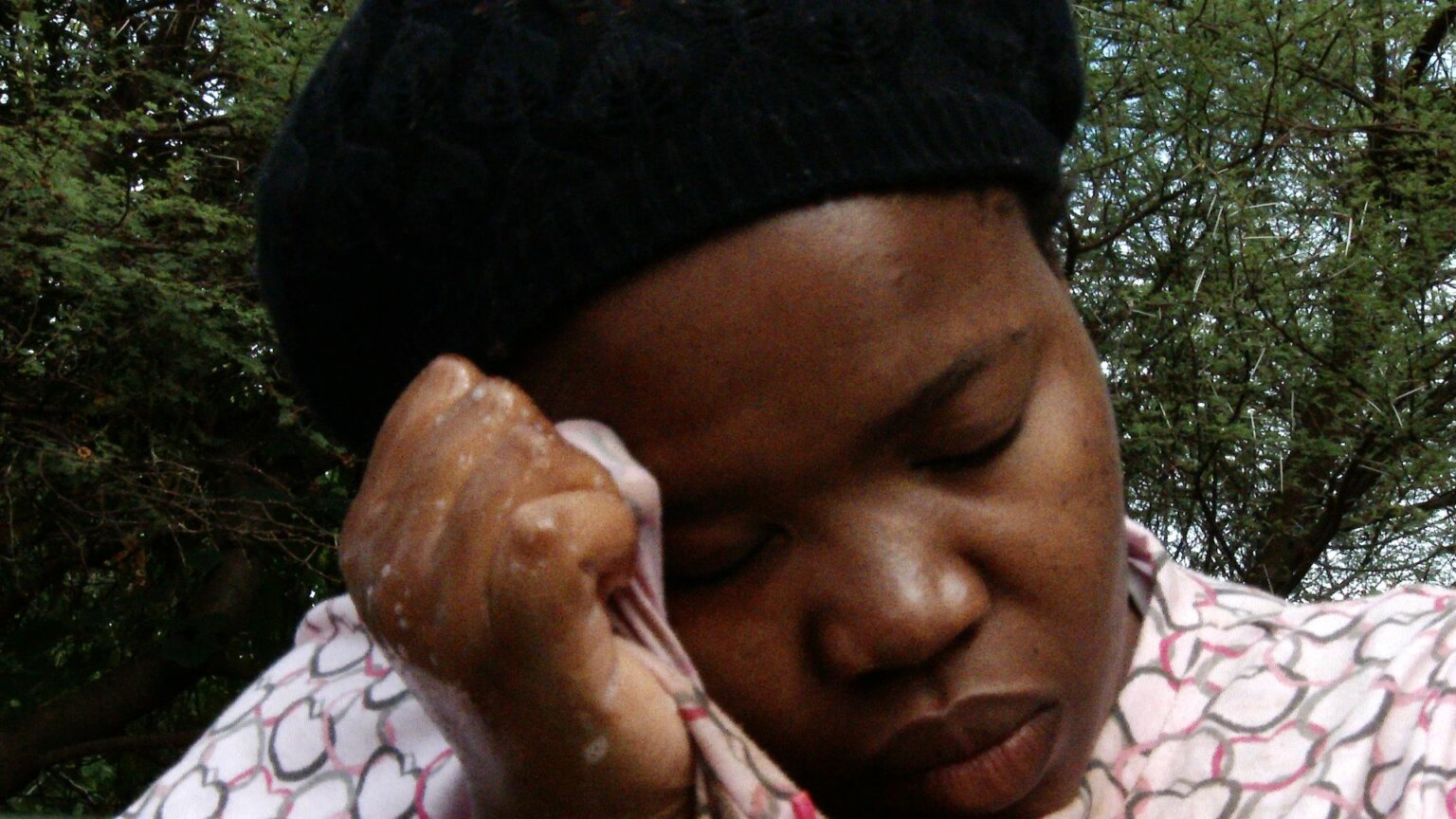- About
- Topics
- Story
- Magazine
- In-Depth
- Picks
- Opinion
- News
- Donate
- Signup for our newsletterOur Editors' Best PicksSend
Read, Debate: Engage.
| topic: | Women's rights |
|---|---|
| located: | Sierra Leone |
| editor: | Bob Koigi |
Sierra Leone, in an historic move, has passed a law that promotes and protects the rights of women, paving the way for other African and global countries to instate legislation that uphold the equal role of women in modern society.
The radical law, christened the Gender Equality and Women's Empowerment Act (GEWE), seeks to allow women to enjoy rights that have traditionally been denied to them in a largely patriarchal society, including in workplaces, in representation and in access to financial means.
The bill’s 13-month journey that started in the country’s parliament has culminated into what will now have far-reaching implications across public, private and NGO spaces.
The legislation demands that in public and private organisations, at least 30 percent of the workforce must be women, while that same ratio must be maintained in leadership and decision-making roles where women have largely been left out.
Women in the country have traditionally been subjected to sackings, especially during pregnancy. The new regulation therefore outlaws the dismissal of employees for their gender, and places the responsibility on employers to ensure that no gender-based discrimination takes place. The new law also calls for equal treatment, pay and training for men and women and grants at least 14 weeks of maternity leave. Any employer that violates the GEWE is liable for a fine of no less than 50,000 New Leones, approximately $2,500.
Women in the country have also struggled to acquire loans and other financial aids. In an effort to bolster women’s financial independence and opportunities, the new law criminalises the denial of financial support to women, and holds banks liable for any unjust treatment. Any violations of credit fairness rules will result in fines and at least three years of jail. Governmental financial institutions are expected to come up with a clear strategy on how to improve women’s access to credit.
The GEWE also requires all government departments to have a gender unit, thereby ensuring that gender parity is promoted and included in all sectors of government policies.
The ambitious law comes at a time when the majority of countries, especially in the developing world, have come under criticism for their lack of advancement in promoting the rights of women and giving them a voice in governance, boardrooms and key decision-making platforms.
Fortunately, some countries like Rwanda and Ethiopia have become prominent examples on how integrating women in the political space promotes development. Sierra Leone now joins that league.
Image by Annie Spratt

